London stands at the forefront of global biotechnology innovation. With its world-renowned universities, access to research institutions, vibrant startup culture, and a deep pool of life sciences talent, it has emerged as a critical hub for biotech breakthroughs. From cutting-edge genetic engineering to pioneering drug discovery, biotech companies in London are pushing the boundaries of healthcare, diagnostics, and therapeutics on a global scale.
This article explores the top biotech companies in London, showcasing their specialisations, contributions, and what makes them stand out in an increasingly competitive and impactful industry.
Why Is London a Hub for Biotechnology and Life Sciences?

London’s position as a biotech powerhouse isn’t accidental. Several strategic advantages have contributed to its status:
Access to Academic and Research Talent
London is home to leading universities such as Imperial College London, University College London (UCL), and King’s College London each fostering a rich environment of biomedical innovation. Their graduates feed directly into the biotech sector, creating a seamless talent pipeline.
Strategic Government Support
The UK government, through bodies like Innovate UK and the Biomedical Catalyst Fund, has consistently supported biotech R&D, facilitating innovation and entrepreneurship through grants, tax relief, and investor incentives.
Connected Healthcare Ecosystem
London’s healthcare infrastructure, including partnerships with the NHS, provides biotech firms access to patient data (ethically sourced) and trial opportunities, accelerating product development timelines.
What Are the Criteria for Selecting the Top Biotech Companies in London?

To identify the top biotech companies, we assessed each firm based on a few key performance indicators:
- Innovation and Research Impact
- Commercial Success or Potential
- Investment and Funding Levels
- Partnerships and Collaborations
- Regulatory Approvals and Clinical Milestones
Which Are the Top 10 Biotech Companies in London?
1. Autolus Therapeutics – “Reprogramming Cells to Fight Cancer”
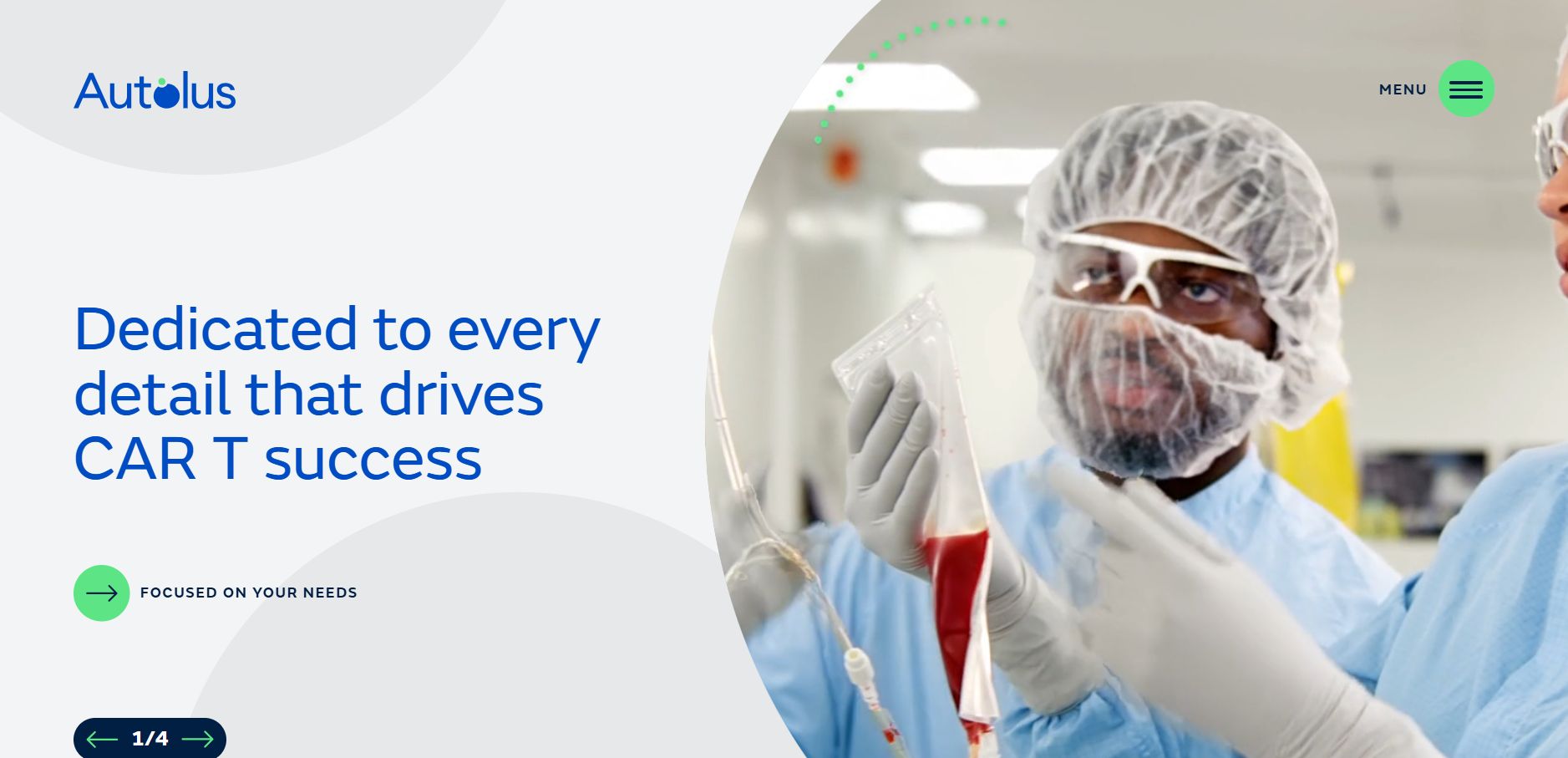
A clinical-stage biotech company developing next-generation CAR T-cell therapies, Autolus harnesses the immune system to precisely target and eliminate blood cancers like leukaemia and lymphoma.
Expertise Area
Advanced T-cell modification and immune engineering for treatment-resistant haematological cancers.
Ideal For
Oncology-focused hospitals, cell therapy research centres, and immunotherapy developers.
Pricing : Not publicly disclosed – currently in clinical-stage trials.
- Website: autolus.com
- Phone: +44 (0)20 3829 6230
- Address: The MediaWorks, 191 Wood Ln, London W12 7FP, United Kingdom
- Email: contact@autolus.com
Review: ★★★★☆
“Autolus is leading a revolution in cell therapy—highly innovative and committed to transforming cancer care.”
2. Quell Therapeutics – “Programming the Immune System to Tolerate Itself”
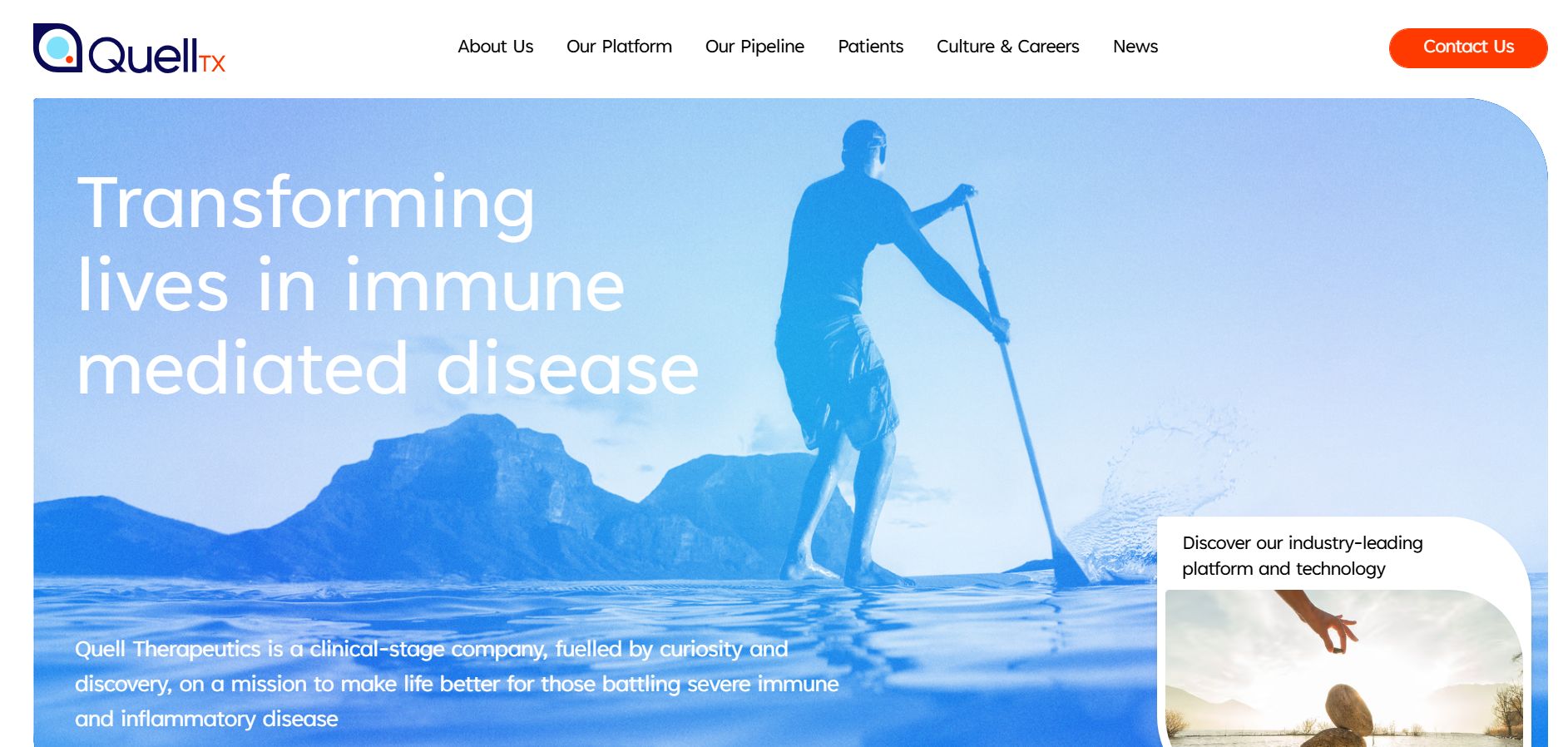
Quell is pioneering engineered regulatory T-cell (Treg) therapies to re-educate the immune system and prevent harmful immune responses, targeting autoimmune and inflammatory diseases.
Core Focus
Genetically modified Tregs for durable immune system tolerance and transplant therapy.
Target Users
Pharmaceutical companies and academic labs working in immunology and chronic inflammation.
Pricing: Not applicable – clinical-stage and R&D-focused.
- Website: quelltx.com
- Phone: +44 0207 096 9012
- Address: Level 3, Translation & Innovation Hub, 84 Wood Ln, London W12 0BZ, UK
- Email: contact@quell-tx.com
Review: ★★★★☆
“Highly innovative approach to immune modulation—exciting potential for autoimmune breakthroughs.”
3. Orchard Therapeutics – “Curing Rare Diseases at the Genetic Level”
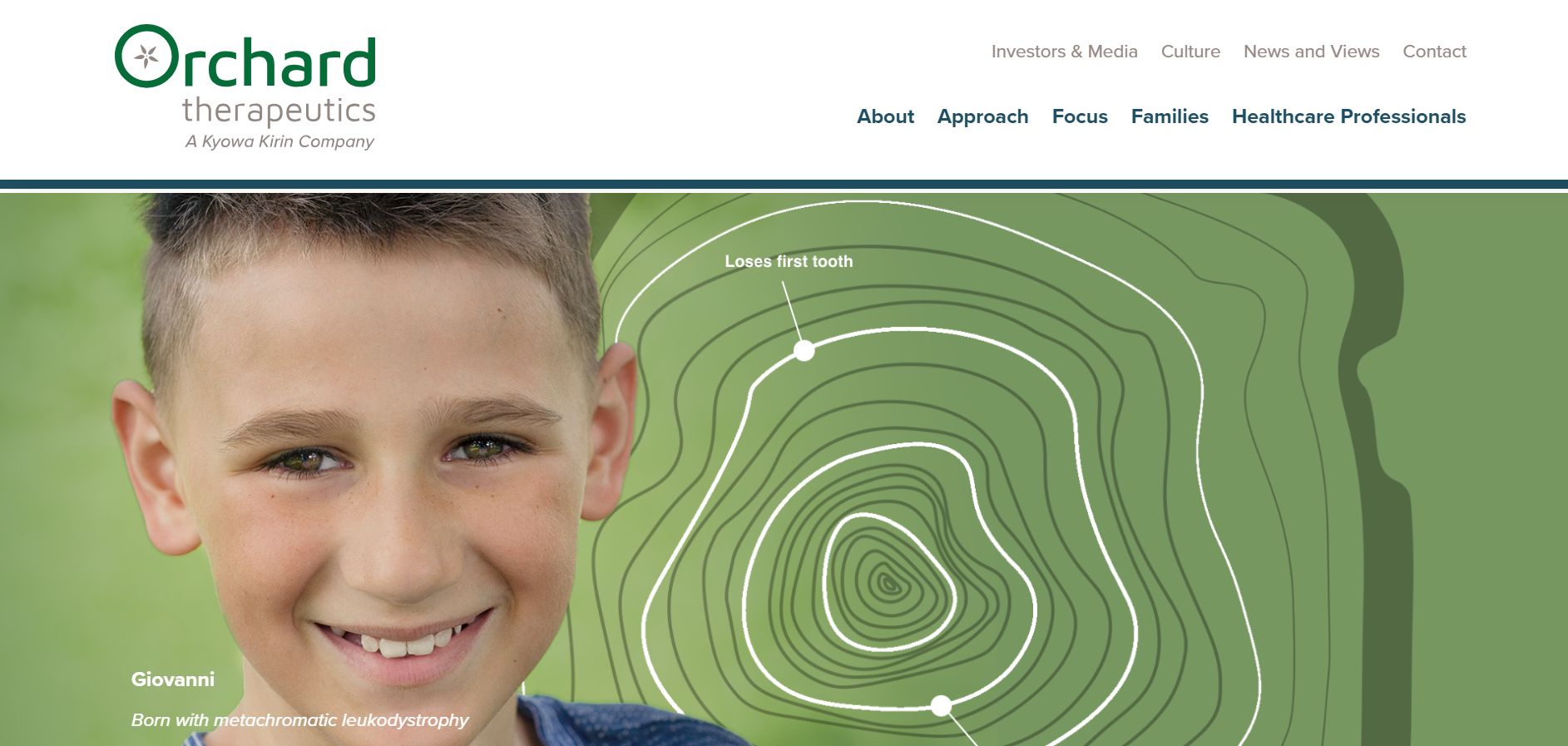
Orchard develops stem-cell based gene therapies to treat rare inherited conditions such as MLD and ADA-SCID, offering one-time treatments with lifelong effects.
Field of Innovation
Ex-vivo autologous gene therapies for pediatric and metabolic disorders.
Best Suited For
Hospitals, pediatric gene therapy specialists, and rare disease care providers.
Pricing: Limberly priced around €2 million per treatment (subject to region and regulation).
- Website: orchard-tx.com
- Phone: +44 (0) 203 808-8286
- Address: 245 Hammersmith Rd, London W6 8PW, United Kingdom
- Email: info@orchard-tx.com
Review: ★★★★★
“Orchard offers life-changing hope for families affected by devastating genetic diseases.”
4. LabGenius – “AI Meets Biology to Engineer the Future”
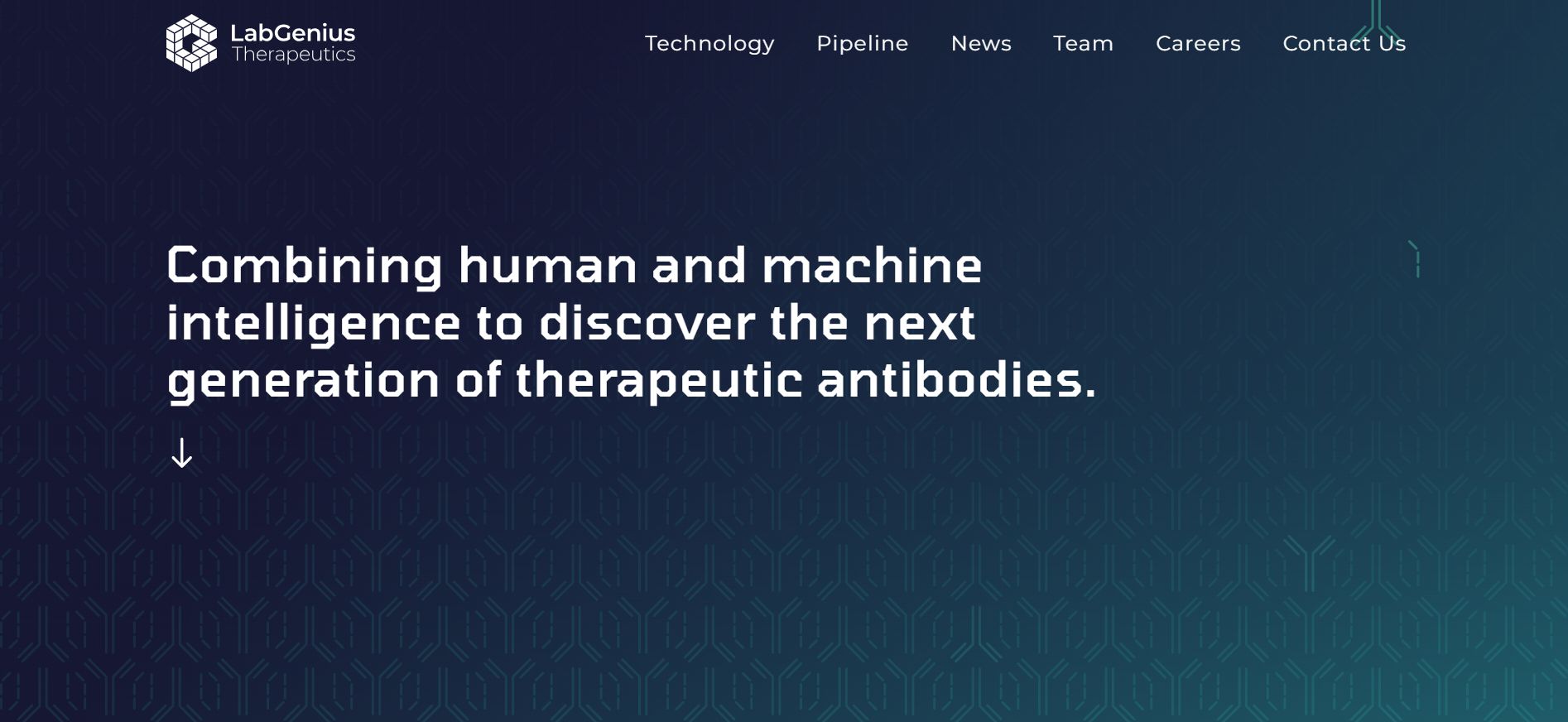
LabGenius integrates AI with synthetic biology to discover and optimise protein therapeutics, reducing drug development time and increasing molecular precision.
Area of Excellence
AI-driven protein design for next-gen therapeutic antibodies and biologics.
Primary Beneficiaries
Biotech collaborators and pharmaceutical R&D teams focusing on targeted therapies.
Pricing: Bespoke collaborations – pricing determined per project.
- Website: labgeniustx.com
- Phone: +44 20 3627 7156
- Address: 2.02, Cocoa Studios, LabnGenius Therapeutics, 100 Drummond Rd, London SE16 4DG, UK
- Email: contact@labgeni.us
Review: ★★★★☆
“An AI engine with real scientific impact—pushing the boundaries of biologic development.”
5. PrecisionLife – “Decoding Complex Diseases with AI”
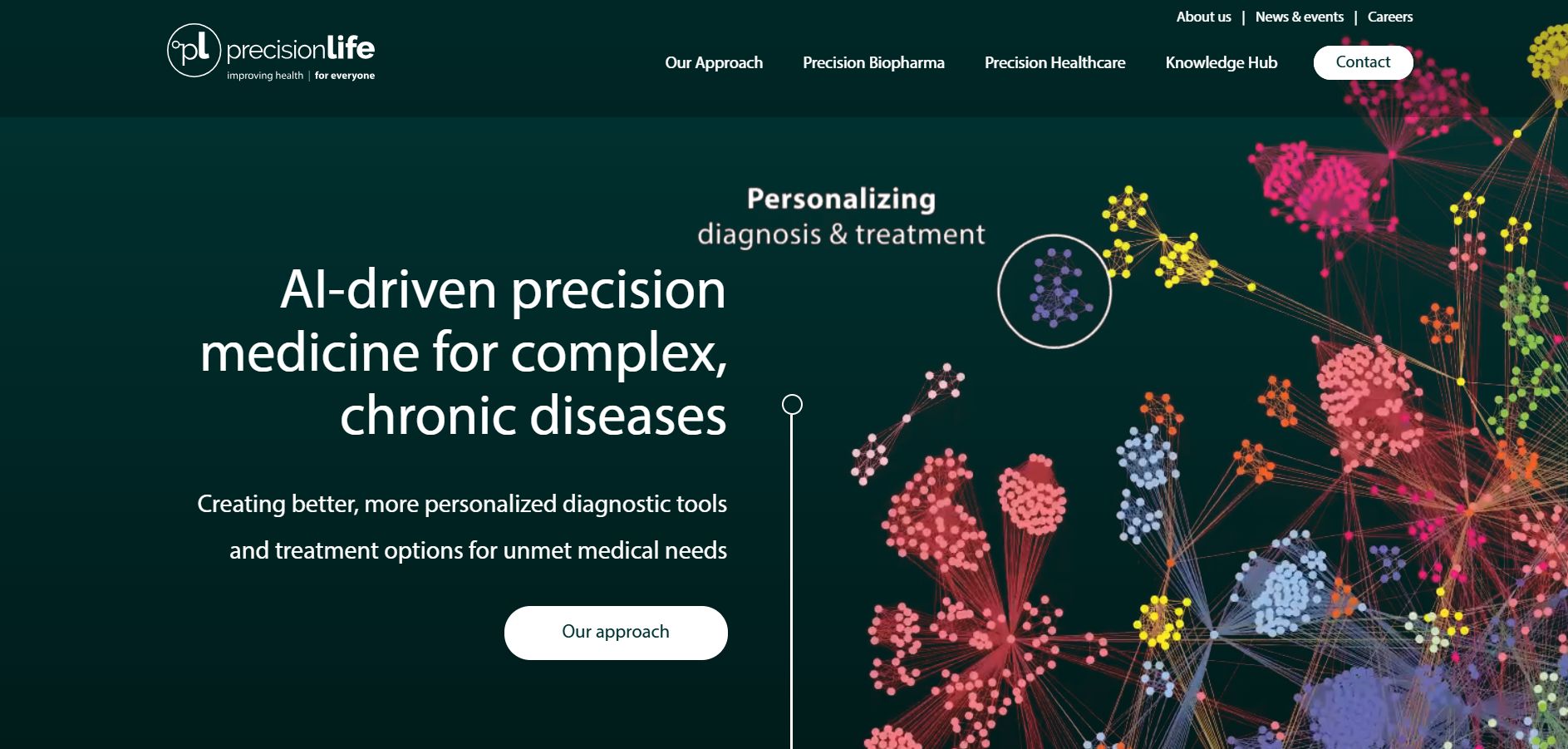
PrecisionLife uses advanced AI and multi-omics to uncover hidden genetic causes of complex diseases, enabling better-targeted therapies and patient stratification.
Technological Specialty
Data-driven biomarker discovery and precision medicine platforms.
Recommended For
Biopharma, diagnostics firms, and clinical genomics researchers.
Pricing: Custom pricing for platform access and collaborations.
- Website: precisionlife.com
- Address: Unit 8b Bankside, Hanborough Business Park, Long Hanborough, OX29 8LJ
- Email: info@precisionlife.com
Review: ★★★★☆
“Transformative in the personalised medicine space—breaks down disease complexity.”
6. Immunocore – “TCR Technology That Transforms Lives”
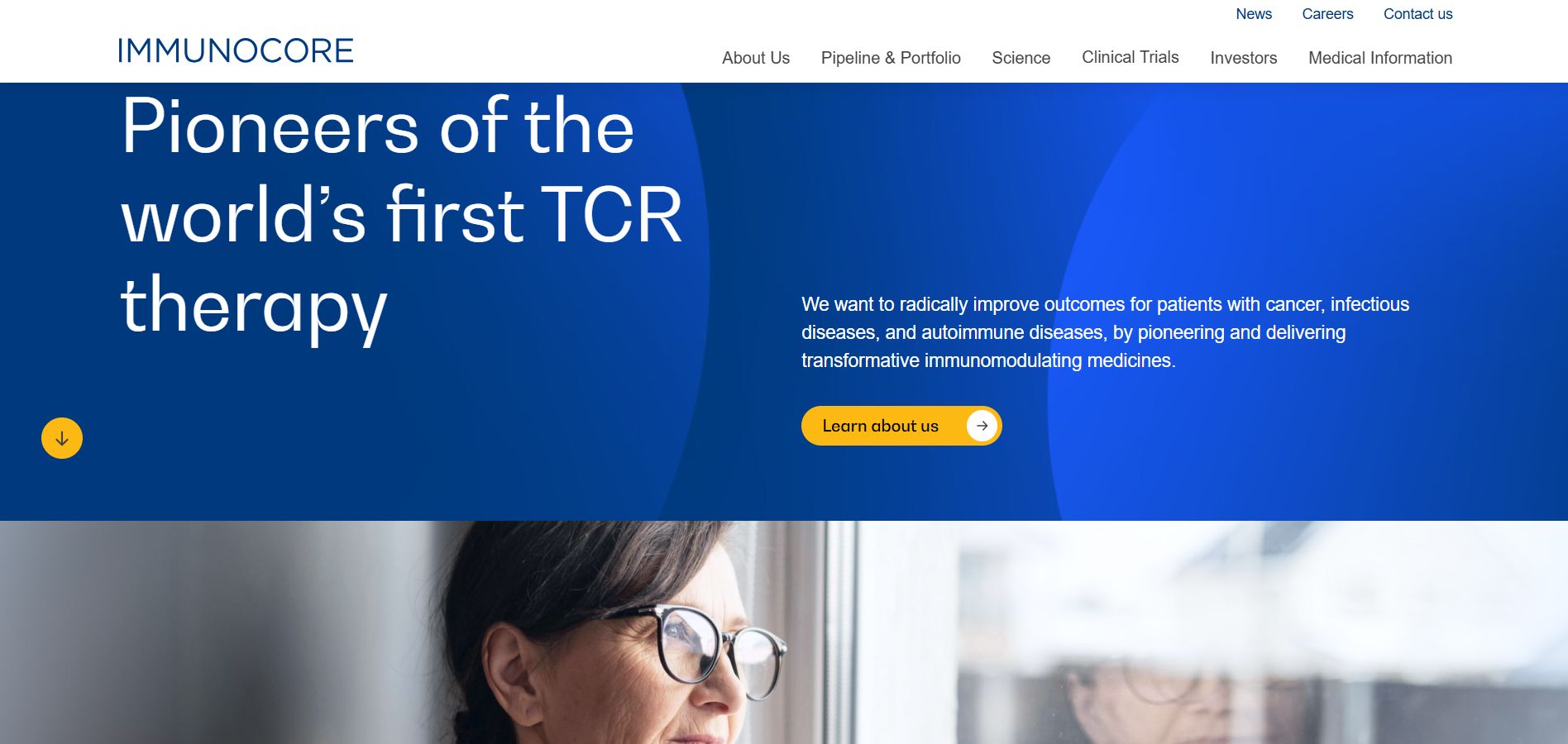
Immunocore has developed the first FDA-approved T-cell receptor (TCR) therapy for cancer, offering promising solutions in oncology and infectious diseases.
Therapeutic Focus
TCR-based immunotherapy for melanoma, viral infections, and autoimmune disorders.
Designed For
Specialists in oncology, biotech investors, and immuno-oncology developers.
Pricing: Kimmtrak is a commercial product—pricing varies by region and insurance.
- Website: immunocore.com
- Phone: +44 (0)1235 438600
- Address: 92 Park Drive, Milton Park, Abingdon, Oxfordshire
- Email: info@immunocore.com
Review: ★★★★★
“A biotech breakthrough—delivering a first-in-class therapeutic that saves lives.”
7. DNA Nudge – “Your DNA, Your Health, Your Decisions”
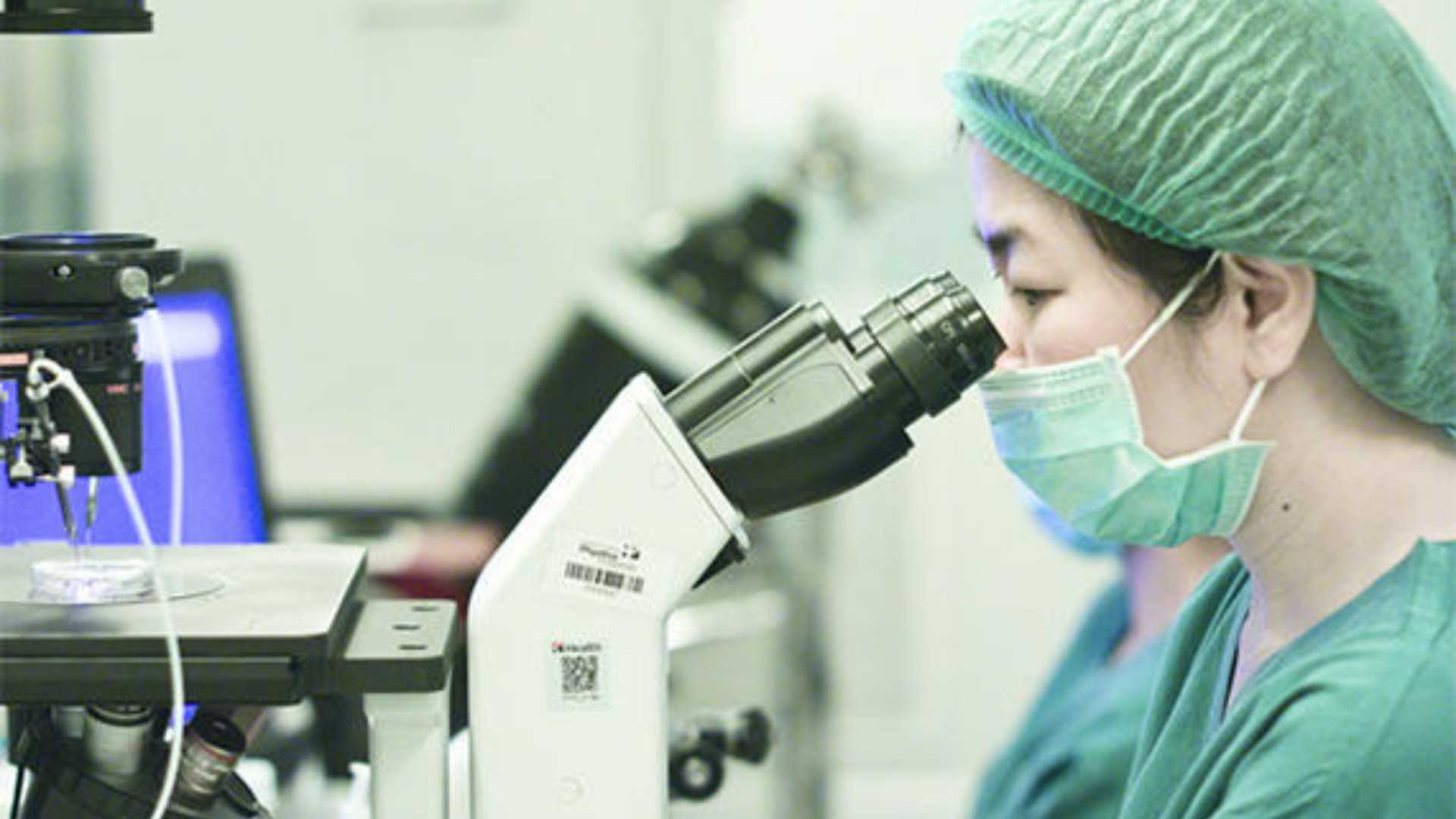
DNA Nudge provides rapid genetic tests that guide personalised lifestyle and nutrition choices, with technology also used for COVID-19 testing during the pandemic.
Innovation Category
Consumer DNA diagnostics with clinical-grade molecular testing.
Ideal Market
Retail health, public health systems, and preventive care providers.
Pricing: £129 per kit (for DNA testing); custom pricing for health institutions.
- Website: dnanudge.com
- Phone: +44 2034095297
- Address: Westminster Hospital, Fulham Rd., London SW10 9TR, UK
Review: ★★★★☆
“Fast, accurate and user-friendly—DNA Nudge makes genetics accessible to all.”
8. Horizon Discovery (PerkinElmer) – “Engineering the Future of Medicine”

Horizon Discovery, now part of PerkinElmer, is a leader in functional genomics, offering CRISPR gene editing and screening tools to accelerate drug discovery.
Scientific Strength
Custom gene editing platforms, knockout cell lines, and CRISPR technologies.
Best Applied To
Pharma labs, diagnostics firms, and personalised therapy developers.
Pricing: Contract-based pricing depending on scope and services.
- Website: horizondiscovery.com
- Phone: +44 1223 976000
- Address: Building 8100, Cambridge Research Park, Waterbeach, Cambridge CB25 9TL, UK
- Email: social@horizondiscovery.com
Review: ★★★★☆
“Reliable and precise—Horizon’s gene tools are foundational for biotech research.”
9. Synthace – “Automating Science, Accelerating Discovery”
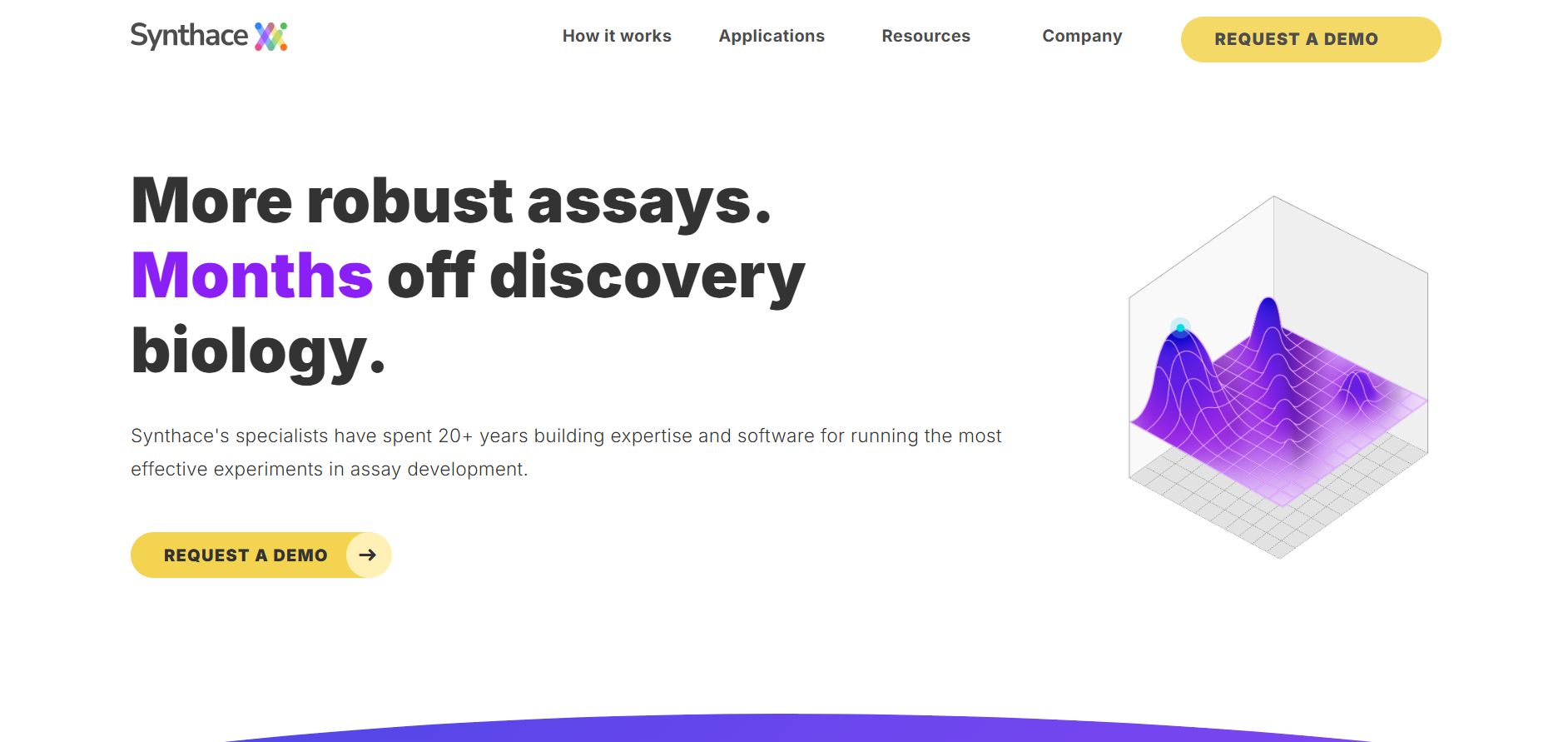
Synthace builds cloud-based platforms that automate complex lab experiments, helping scientists design, execute and analyse workflows with minimal manual input.
Platform Expertise:
Automated digital experiment execution and lab software integration.
Recommended Users:
Biotech R&D teams, contract research organisations, and high-throughput labs.
Pricing:
Subscription-based – enterprise-level pricing tailored to lab needs.
- Website: synthace.com
- Phone: +44 (0) 20 3976 7676
- Address: 4th Floor, The Westworks, 195 Wood Ln, London W12 7FQ, UK
- Email: hello@synthace.com
Review: ★★★★☆
“Streamlines experimentation—essential for labs embracing digital transformation.”
10. Cambridge Cognition – “Measuring Minds to Improve Lives”

Cambridge Cognition offers digital cognitive assessment tools used globally in clinical trials, research, and cognitive healthcare.
Functional Role
Digital neuroscience tools for assessing cognitive function and mental health.
Service Fit
Clinical trials, pharma R&D, and behavioural health institutions.
Pricing: Custom pricing based on trial size and implementation scope.
- Website: cambridgecognition.com
- Phone: +44 1223 810700
- Address: Cambridge Cognition Tunbridge Court Bottisham Cambridge CB25 9TU
Review: ★★★★☆
“Trusted by researchers worldwide—Cambridge Cognition’s tools are precise and validated.”
How Do These Companies Compare?
Below is a comparative table of the top 10 biotech companies in London based on their core areas, year of founding, and recent milestones.
| Company Name | Founded | Core Specialisation | Notable Milestone |
| Autolus Therapeutics | 2014 | CAR T-cell therapy | Clinical trials for leukaemia treatment |
| Quell Therapeutics | 2019 | T-reg cell therapies | Raised $156M in Series B funding |
| Orchard Therapeutics | 2015 | Gene therapy for rare diseases | Approval of MLD treatment in EU |
| LabGenius | 2012 | AI + protein therapeutics | AI platform GYNN in Phase I trials |
| PrecisionLife | 2015 | Precision medicine using AI | Partnerships in Alzheimer’s research |
| Immunocore | 2008 | TCR-based immunotherapy | FDA approval of Kimmtrak |
| DNA Nudge | 2015 | Genetic diagnostics | COVID-19 rapid test rollout with NHS |
| Horizon Discovery | 2007 | Gene editing, CRISPR | Acquired by PerkinElmer in 2020 |
| Synthace | 2011 | Biotech lab automation platform | Collaboration with major pharma companies |
| Cambridge Cognition | 2002 | Digital cognitive assessment | Tools used in over 100 clinical trials |
What Makes These Firms Stand Out Globally?

London’s biotech sector isn’t just growing. it’s setting global standards. These companies exhibit:
Research Intensity
Most of these firms maintain active collaborations with UK universities and receive substantial funding from government and private investors, keeping them on the cutting edge of science.
Commercial Viability
From FDA approvals to commercial partnerships with global pharma giants, London-based biotech firms aren’t just innovative—they’re market-ready.
Global Impact
Therapies developed here address global health issues like cancer, rare genetic diseases, and pandemic preparedness, showcasing London’s global influence in biotech.
How Are Academic Institutions Driving Biotech Innovation in London?

London’s academic institutions offer more than just talent they serve as research and innovation ecosystems:
- University College London (UCL) provides facilities and support for cell therapy spinouts like Autolus and Quell.
- Imperial College London backs synthetic biology ventures and offers translational research support.
- King’s College London collaborates with biotech firms on psychiatric and neurodegenerative disorders.
Incubators like Accelerate@Babraham and London BioScience Innovation Centre (LBIC) bridge academia and commercial development by supporting startups and scaleups.
What’s the Future Outlook for London’s Biotech Sector?

London’s biotech future looks bright with several trends accelerating growth:
Increasing AI Integration
AI is becoming integral in drug discovery, clinical trial optimisation, and patient segmentation an area where companies like LabGenius and PrecisionLife are pioneers.
Cross-Sector Collaborations
Healthcare, tech, and academia are collaborating like never before. With support from bodies like UKRI and Health Data Research UK, new funding streams continue to emerge.
Focus on Sustainable Healthcare
Many biotech firms are aligning their innovations with sustainable practices from reducing animal testing to automating labs for waste reduction.
Conclusion
London is undeniably one of the most dynamic biotech hubs in the world. From cancer immunotherapies to AI-powered diagnostics, its companies are addressing some of the most pressing challenges in healthcare and life sciences.
For investors, researchers, and innovators, London’s biotech ecosystem offers a fertile ground for growth, impact, and global collaboration.
FAQs About Biotech Companies in London
What is the difference between biotech and pharmaceutical companies?
Biotech companies use biological processes and organisms to develop treatments, whereas pharmaceutical firms focus more on chemical-based drug production.
Are there government grants available for biotech startups in London?
Yes, agencies like Innovate UK and UKRI offer grants and tax incentives to support early-stage biotech ventures in the UK.
How do biotech companies in London get FDA or EMA approval?
These firms follow regulatory frameworks and conduct clinical trials in phases. Approval is based on safety, efficacy, and peer-reviewed data.
What educational backgrounds are ideal for working in biotech?
Degrees in biochemistry, molecular biology, bioinformatics, and biomedical engineering are commonly preferred by biotech firms.
Which biotech sectors are booming in London right now?
Sectors like gene therapy, precision medicine, immunotherapy, and synthetic biology are currently witnessing accelerated growth.
How can startups collaborate with universities in London?
Through incubator programs, research grants, and academic partnerships facilitated by institutions like UCL Innovation & Enterprise.
Are biotech companies in London publicly listed?
Some are, such as Immunocore and Autolus Therapeutics, which trade on the NASDAQ, making them accessible to global investors.
